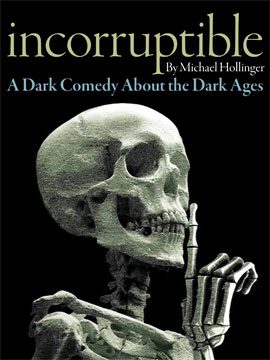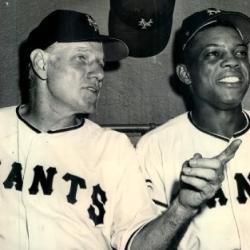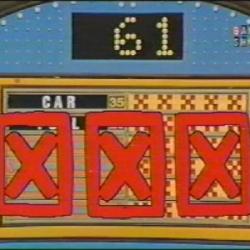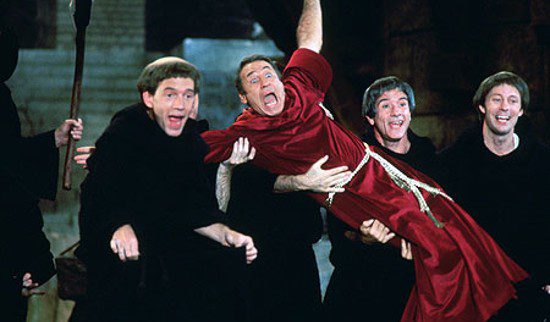“Archaeologists: We found piece of Jesus’ cross.” That’s the headline from USA Today. It’s also what the first sentence of the story claims:
Archaeologists working at an ancient church in Turkey think they’ve unearthed a piece of the world’s most famous cross, the one used to crucify Jesus.
But that’s not quite what the archaeologists themselves claim in the rest of the story:
They found a stone chest during excavation at a 1,350-year-old church, and the chest had a number of relics inside believed to be associated with the crucifixion, a historian at Turkey’s Mimar Sinan University of Fine Arts tells the Hurriyet Daily News.
“We have found a holy thing in a chest,” she says. “It is a piece of a cross,” and they think it’s from the cross.
The entire chest is now undergoing lab tests, reports NBC News. Researchers aren’t sure who owned the chest, but it was probably a religious person of some importance, and that person apparently believed the cross relic was the real deal.
The lab tests should shed some light on the possibility, though NBC adds a little context courtesy of theologian John Calvin. He once joked that if all the supposed pieces of the cross in the world were collected in one place, “they would make a big shipload.”
I didn’t think the Institutes were all that funny, but credit where credit is due — that’s a pretty good line.
Point here is there’s a big difference between finding a 2,000-year-old relic that scientists think was part of Jesus’ cross and finding a 1,350-year-old relic that scientists think someone 1,350 years ago thought was part of Jesus’ cross.
This story reminds me of Michael Hollinger’s delightful play Incorruptible: A Dark Comedy About the Dark Ages. The script includes a one-sentence “Author’s Note” that reads: “This sort of thing really happened.” Because, well, this sort of thing really happened.
The story is set in a medieval monastery in France. “This sort of thing” refers to what’s going on at the beginning of Act 2, which finds the brothers very busy:
FELIX: Where’s this one going?
FELIX: Looks like a collarbone.
MARTIN: That would be Saint Cecilia. Make sure it goes out to Strasbourg this morning. (Felix nods, setting it aside.) And remind them to pay us in cash, not books. …
FELIX: And St. Clement?
MARTIN: What about him?
FELIX: Milan wanted something from St. Clement.
MARTIN: Well … do we have any feet left?
FELIX: Three.
MARTIN: Give them a foot, then.
FELIX: Right or left?
MARTIN: I don’t care, just don’t break up a set.
A bit later, after Charles, the Abbot enters.
FELIX: Did you want to ask him about Siena?
MARTIN: Not just yet, thank you.
CHARLES: Siena?
MARTIN: A small logistical problem. I didn’t want to bother you. …
CHARLES: What is it?
MARTIN: They want the head of John the Baptist.
CHARLES: Sell it to them.
MARTIN: We already sold it to Lisbon.
CHARLES: So?
MARTIN: And Dresden.
CHARLES: Oh …
MARTIN: (Reading from his ledger.) And Naples, Madrid, Canterbury, York …
CHARLES: Will that send the price down?













